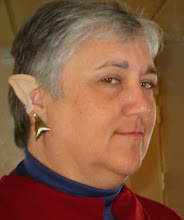- Death of a family member, friend, or pet
- Moving
- Divorce or end of other significant relationship
- Graduating from school
- Major health changes
- Children growing up and leaving home
- Job loss/changes
Nearly all intellectual attempts to deal with grief start with the phrase, "Don't feel bad..." and are followed by some sort of statement about replacing the loss. Consider a child whose pet has died. The child is completely inconsolable, crying for hours, and then moping about the house for days. Parents, wanting to ease the child's pain, say, "Don't feel bad. We'll go to the SPCA this weekend and get you a new dog."
Or think of a teenager who has experienced his/her first real love. The preoccupation with the beloved is overwhelming, leading to lack of concentration on school work, and hours upon hours of talking or texting on the phone. Often withdrawal from friends occurs as the relationship deepens, and it almost always eventually ends with a devastating break-up.
As the heart feels a pain it has never before felt, the distraught teenager no longer wants to eat, see or talk to anyone, and feels that the whole world has fallen apart. What do friends say? "Don't feel bad. There are plenty of fish in the sea." or "Don't feel bad. It's his loss. You're much too good for him, and you'll find someone who really deserves you." Once again, the message is clear. Don't feel the sadness or pain that you're feeling. And replace the loss. The sooner, the better.




No comments:
Post a Comment